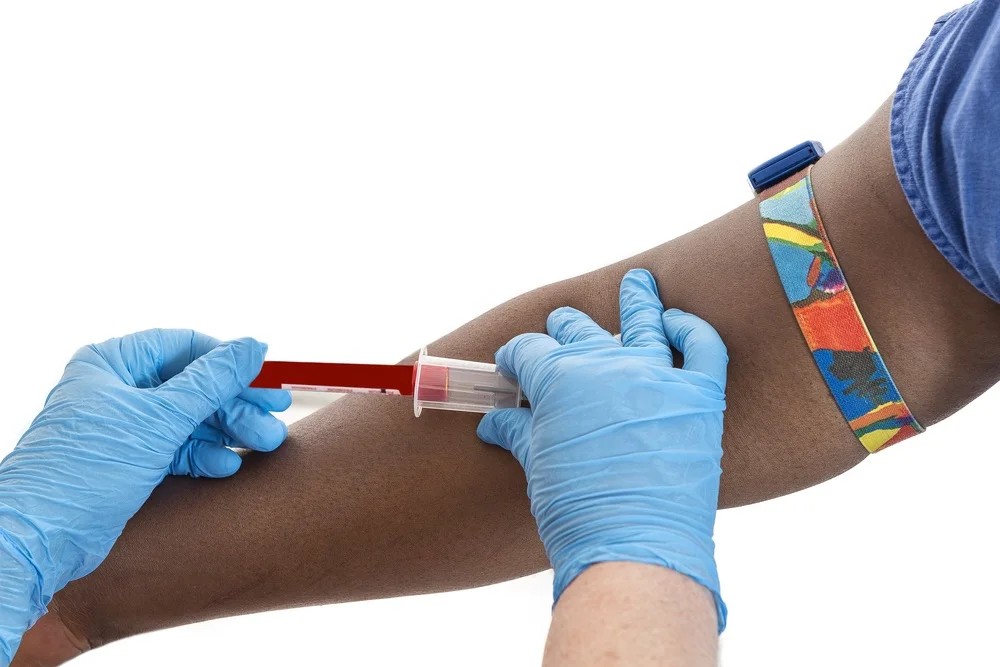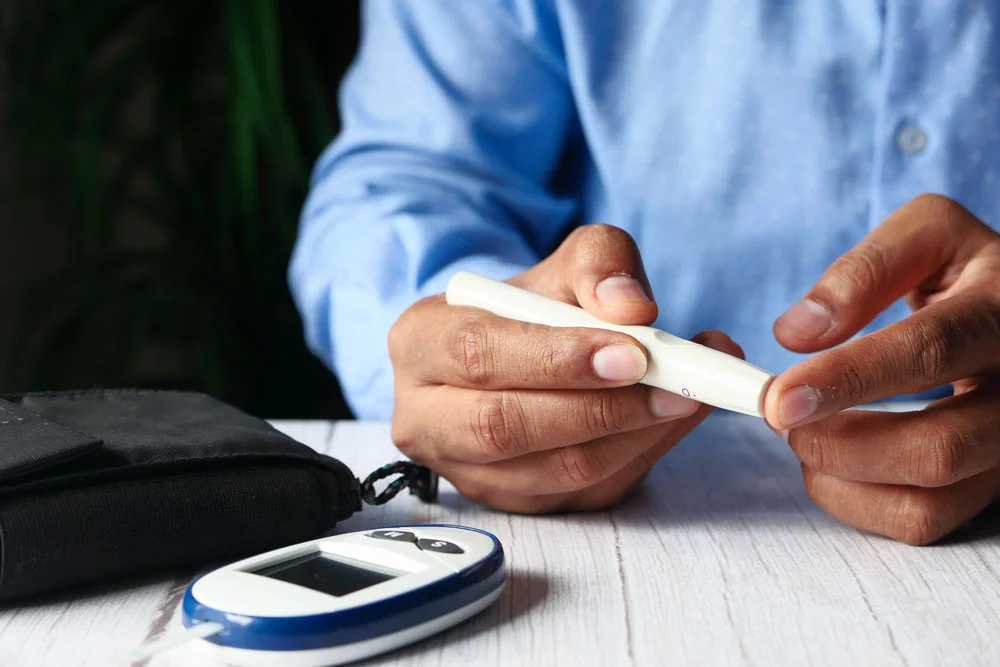Diabetes Testing in Abu Dhabi
Elyzee Hospital is one of the best medical centers in Abu Dhabi specializing in Gynaecology.

Diabetes Testing in Abu Dhabi
Diabetes testing plays a role in the field of medicine as it aims to diagnose and keep track of diabetes, a condition characterized by high levels of sugar in the blood. This procedure is vital for detection, effective management and preventing complications associated with diabetes. In this guide we delve into the realm of diabetes testing showcasing its advantages identifying candidates outlining the consultation and preparation process explaining the procedure itself discussing important considerations after testing summarizing the final results providing a concluding perspective and addressing commonly asked questions to offer a comprehensive understanding of this essential aspect of healthcare.
The benefits of this procedure
Testing for diabetes provides advantages with the main focus being, on the identification and diagnosis of the condition. Taking action at a stage can greatly assist individuals in managing their diabetes, preventing complications and improving their overall quality of life. It is crucial to test blood sugar levels and evaluate the success of diabetes management approaches, like dietary choices, physical activity and prescribed medications.

The best candidate for this procedure
People who should consider getting tested for diabetes include those who have risk factors such as a family history of the condition being overweight leading a lifestyle or having previously experienced diabetes. If someone is experiencing symptoms like urination, excessive thirst, unexplained weight loss or fatigue it is also advisable for them to undergo diabetes testing. Additionally individuals who have already been diagnosed with diabetes need to test their blood sugar levels and make any adjustments to their treatment plan.
Consultation with a Doctor and Preparation for the Procedure
When it comes to checking for diabetes you usually have a chat with a healthcare professional, like your doctor or an endocrinologist. They’ll go through your history any factors that might put you at risk and any symptoms that could be related to diabetes. Based on all of this information the healthcare provider will suggest tests for diabetes. These might include fasting blood sugar tests, oral glucose tolerance tests or hemoglobin A1c tests. To get ready, for these tests you might need to fast or follow some dietary instructions.
What's Happening During the Procedure
To diagnose diabetes various tests are conducted depending on the type. One test that can be done is the fasting blood sugar test, which involves extracting a blood sample after refraining from eating for a period of time. Another test is known as the oral glucose tolerance test, where fasting is necessary and you are required to consume a solution. Throughout this examination blood samples are collected at intervals to assess the body’s ability to regulate blood sugar levels. Additionally there is the hemoglobin A1c test, which offers insights into long term control of blood sugar. This entails drawing blood and generating results that indicate blood sugar levels over a span of two to three months.
After the Procedure and Recovery
There is no timeframe for recovery after undergoing diabetes testing. After undergoing the test patients can resume their activities without any delay. Engaging in a discussion with their healthcare provider regarding the test results is crucial, for patients. The healthcare provider will offer guidance on managing and treating diabetes if needed. For individuals who have been diagnosed with diabetes it is essential to monitor their condition and attend check ups to ensure control of blood sugar levels.
Final Result
The diabetes test and outcome offers insights into a person’s blood sugar levels. If the results are normal it means that the blood sugar levels are within a range. On the other hand abnormal results might indicate the possibility of prediabetes or diabetes. For individuals who have already been diagnosed with diabetes these test results aid in evaluating the effectiveness of their management plan and guide any adjustments.
Conclusion
Regular diabetes testing is crucial, for both managing the condition and preventing it. Whether you’re evaluating risk factors, diagnosing diabetes or keeping track of blood sugar levels, consistent testing is essential for health and well being. Detecting the disease early and effectively managing it are vital for leading a life while living with diabetes.

FAQ
People who have diabetes need to have testing as advised by their healthcare provider. This typically involves checking their blood sugar levels and having periodic hemoglobin A1c tests.
If you’re having urination, feeling excessively thirsty, losing weight without explanation, experiencing fatigue or noticing blurred vision it’s important to reach out to a healthcare professional for evaluation and testing.
Although there are diabetes tests that can be conducted at home it is recommended to seek guidance from a healthcare professional, for assessment and understanding of the test outcomes. Devices like glucometers, which allow individuals with diabetes to monitor their blood sugar levels on a basis are tools, in this regard.
Make An Appointment

